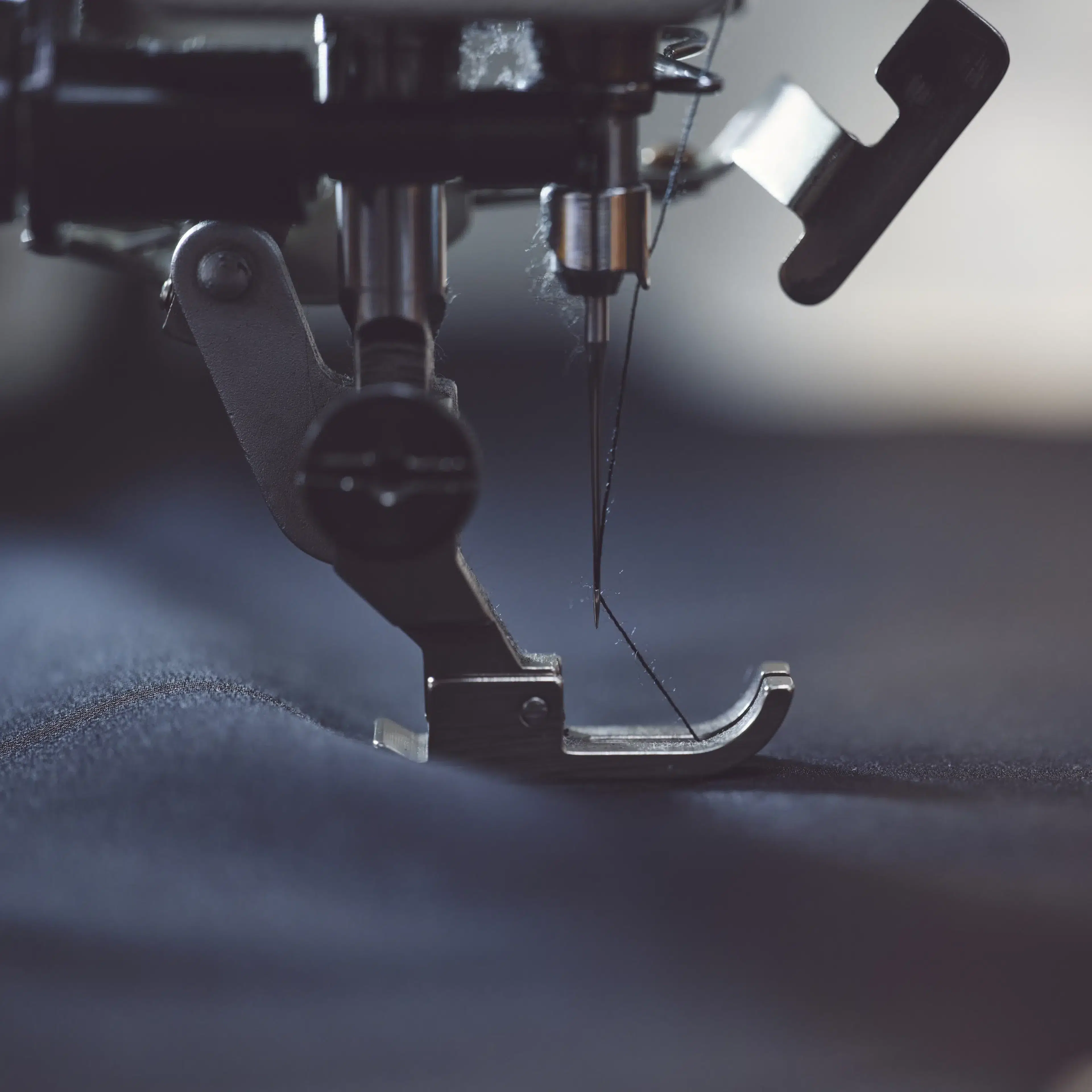
Certificates
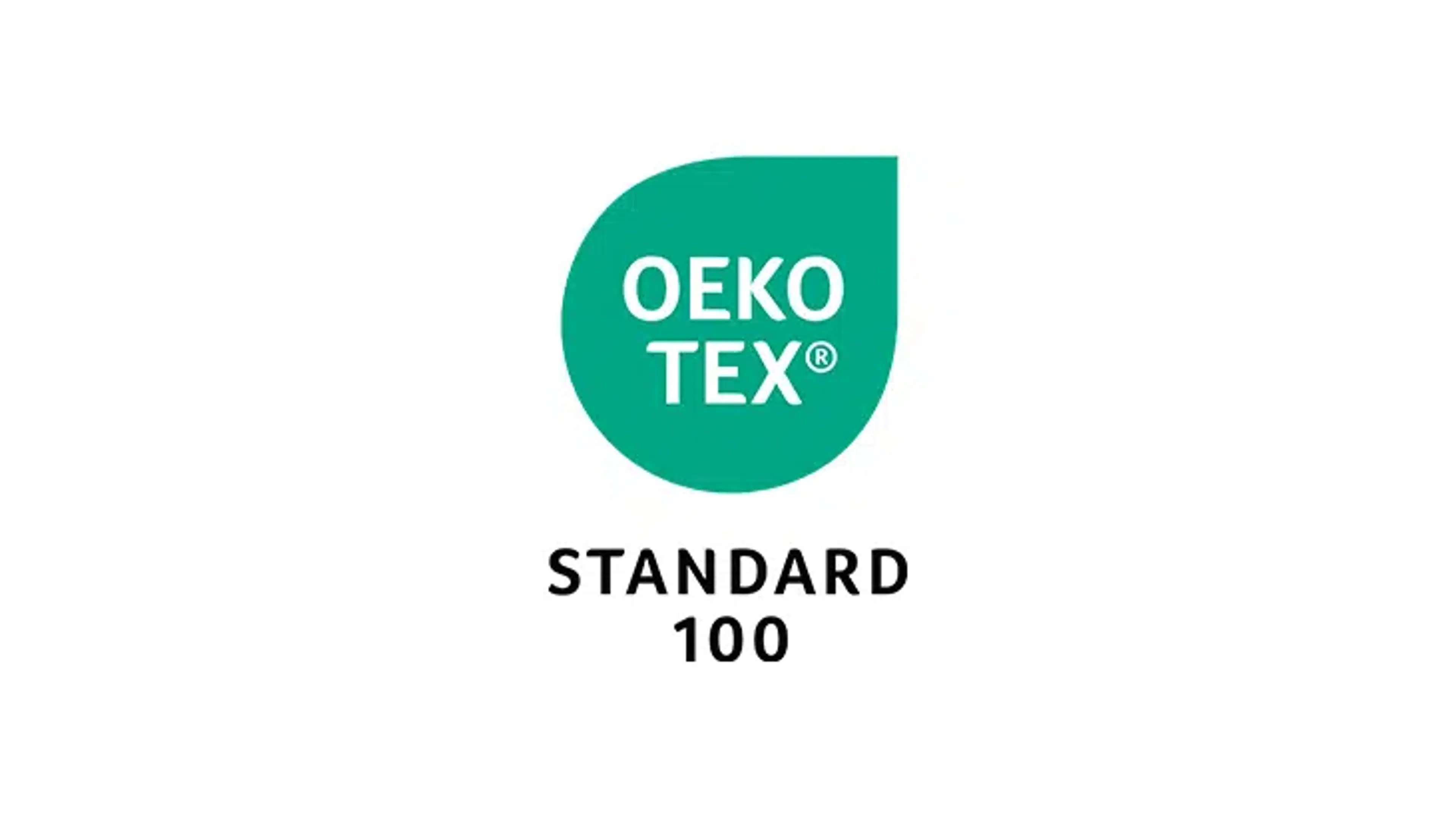
OEKO-TEX® STANDARD 100
The OEKO-TEX® STANDARD 100 ensures that all components of a Kentaur product do not contain harmful substances to health and the environment in quantities greater than those permitted in product class II (Products with skin contact).
Download Standard 100 (1676-235)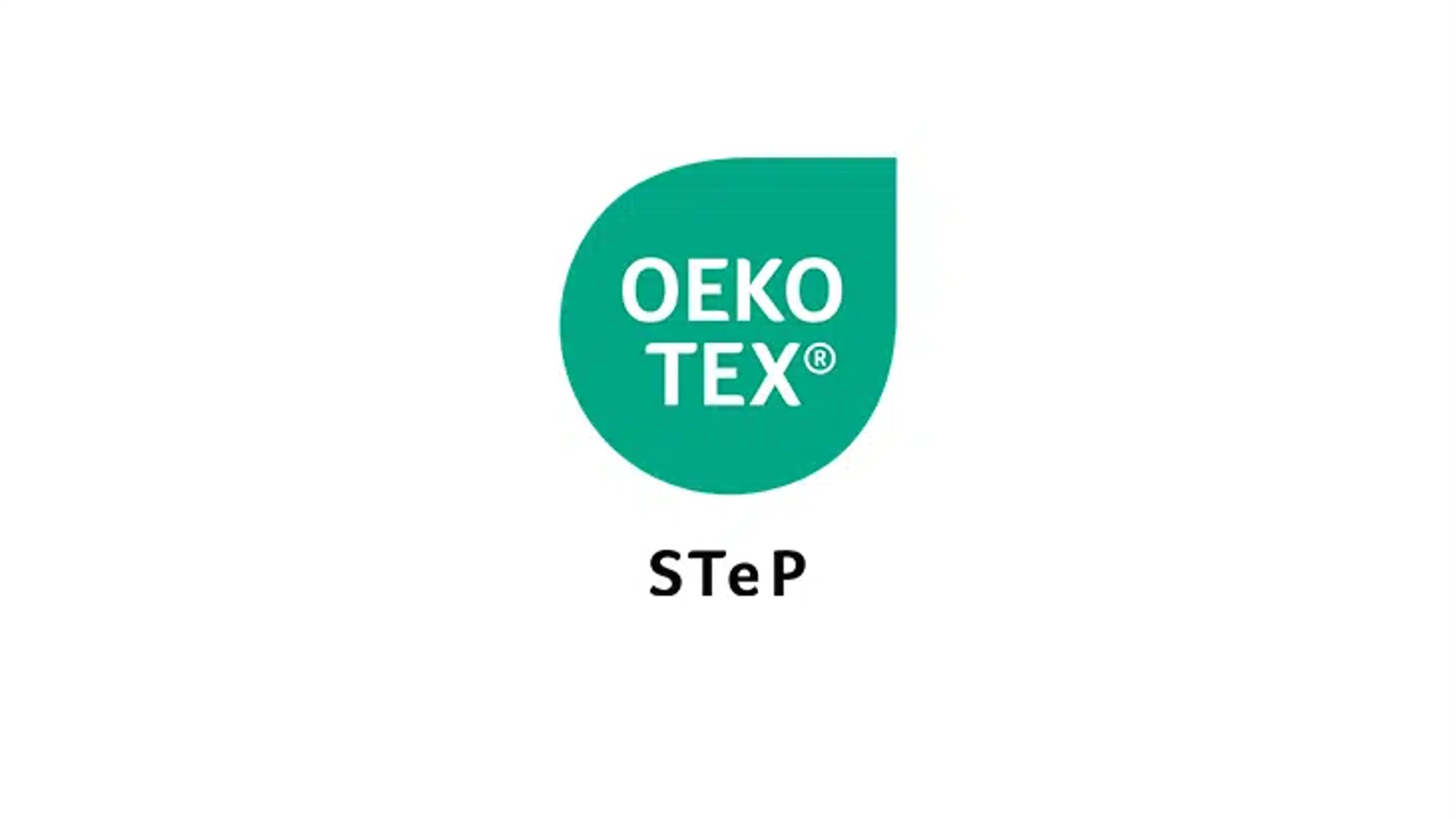
OEKO-TEX® STeP
OEKO-TEX® STeP ensures the permanent implementation of environmentally friendly and sustainable production processes, optimizing health, safety, and socially acceptable working conditions. The certification is based on transparency and traceability in the supply chain, encompassing a comprehensive analysis of chemical management, handling of environmental impact, environmental management, occupational health and safety, social responsibility (CSR), and quality management.
Download Kentaur Poland Certifcate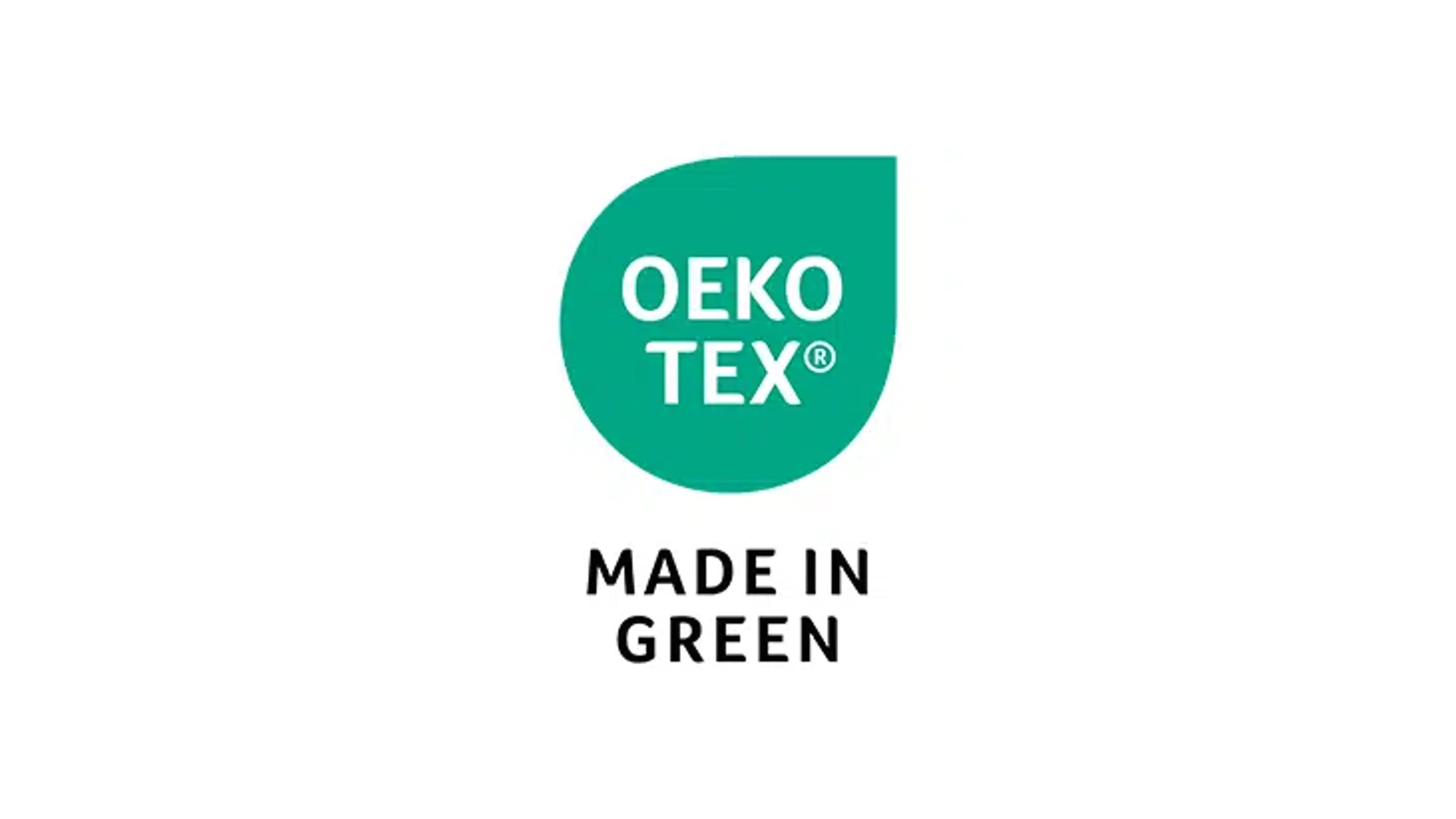
OEKO-TEX® MADE IN GREEN
The OEKO-TEX® MADE IN GREEN label indicates products that are certified according to OEKO-TEX® Standard 100 and produced in an OEKO-TEX STeP certified facility. In short, this label guarantees a product that does not contain harmful levels of chemicals and has been produced in a socially responsible manner.
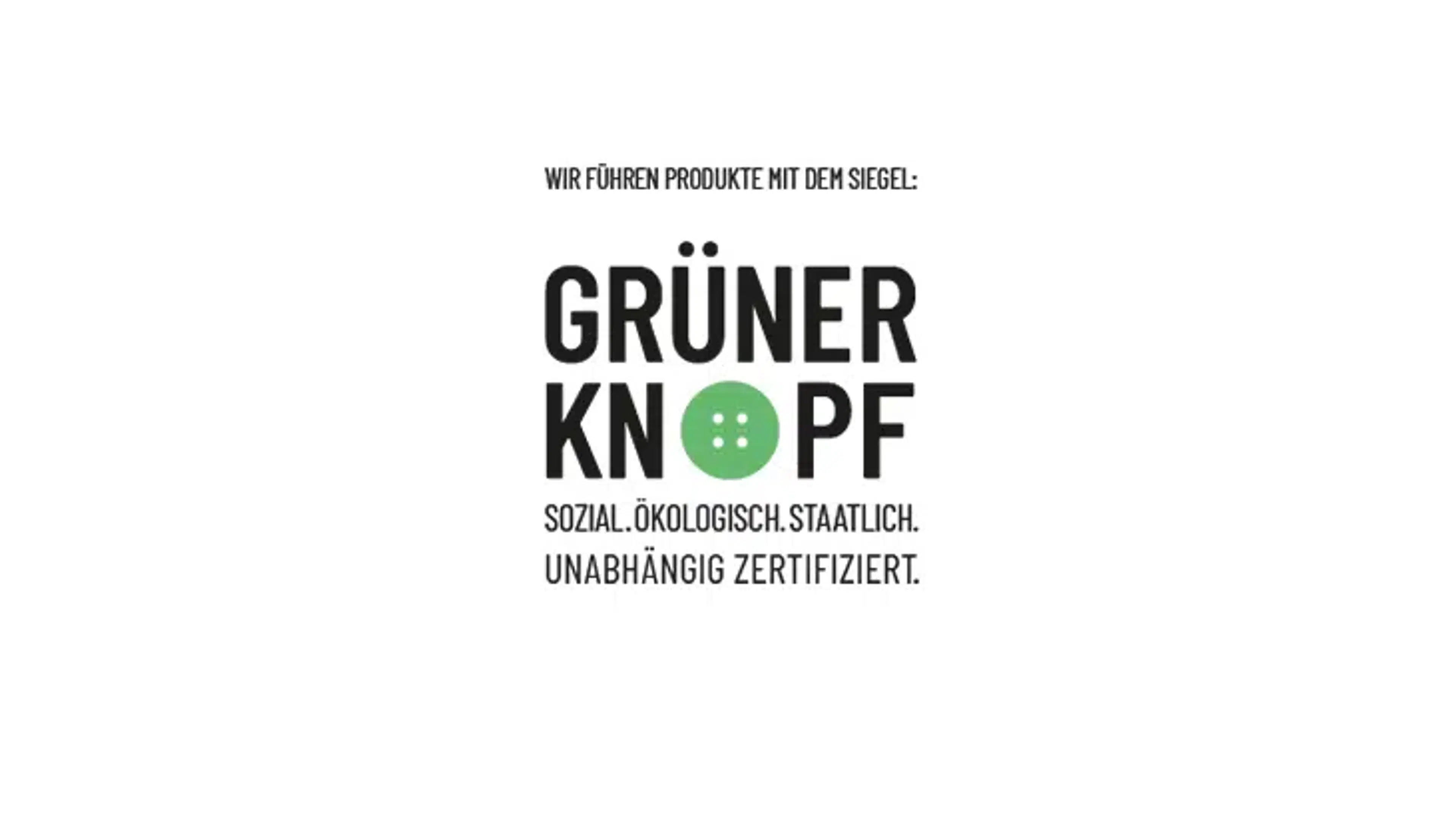
Der Grüne Knopf®
Der Grüne Knopf® is a certification for sustainable textiles. The certification imposes binding requirements for the protection of people and the environment in the textile supply chain. Der Grüne Knopf® sets requirements for both companies and products. The five main topics that companies must adhere to include adapting company policies, risk identification, implementing preventive measures, transparent external communication, and establishing a complaints management system.
Download Grüner Knopf certificate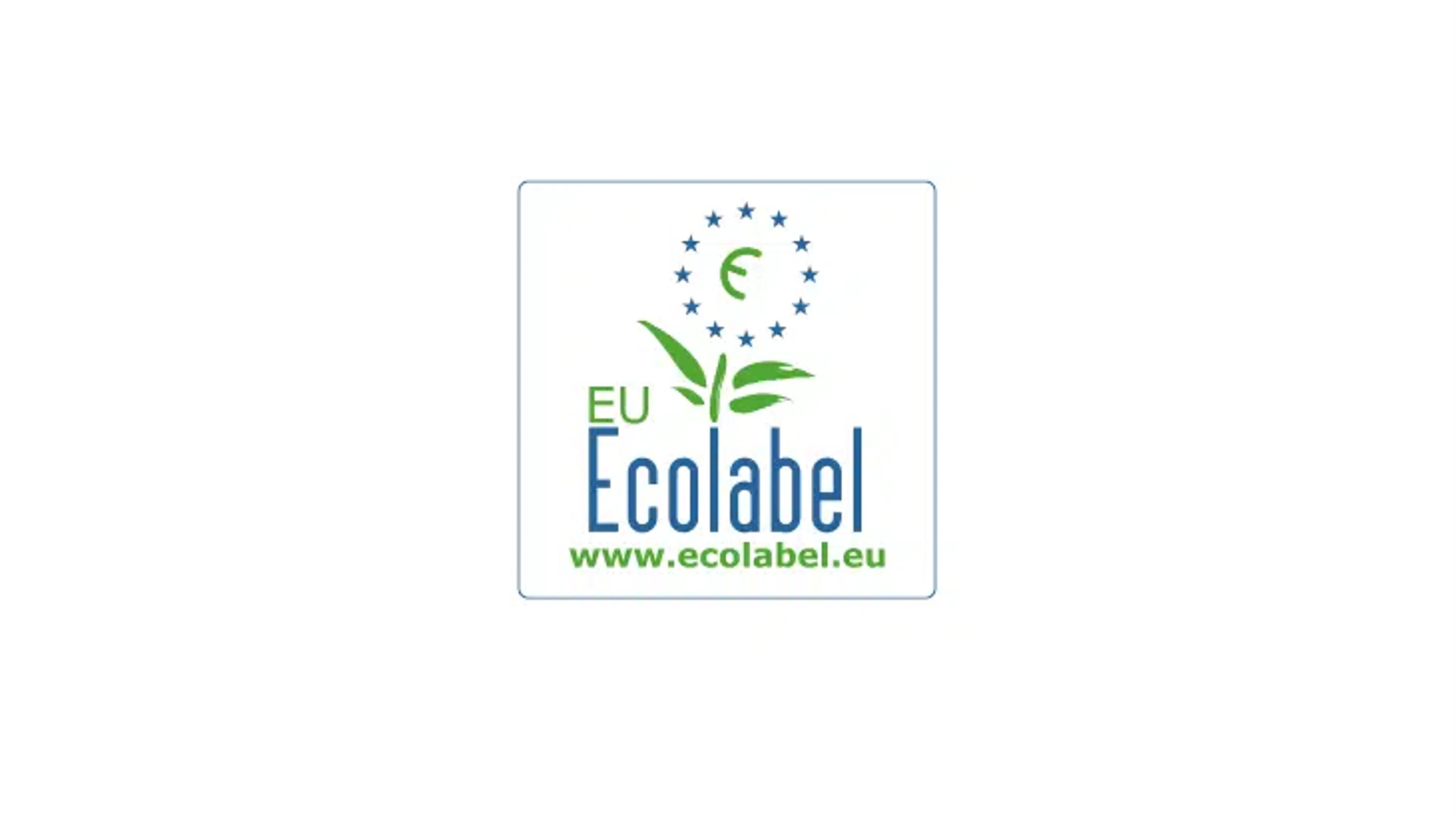
EU Ecolabel
The EU Flower, EU's official eco-label, was introduced by the European Commission in 1992 to promote more sustainable production and consumption practices. This recognized eco-label is known for its stringent environmental criteria, ensuring that certified products are more sustainable. By assessing the entire lifecycle of the product, it ensures that only products meeting these criteria receive certification.
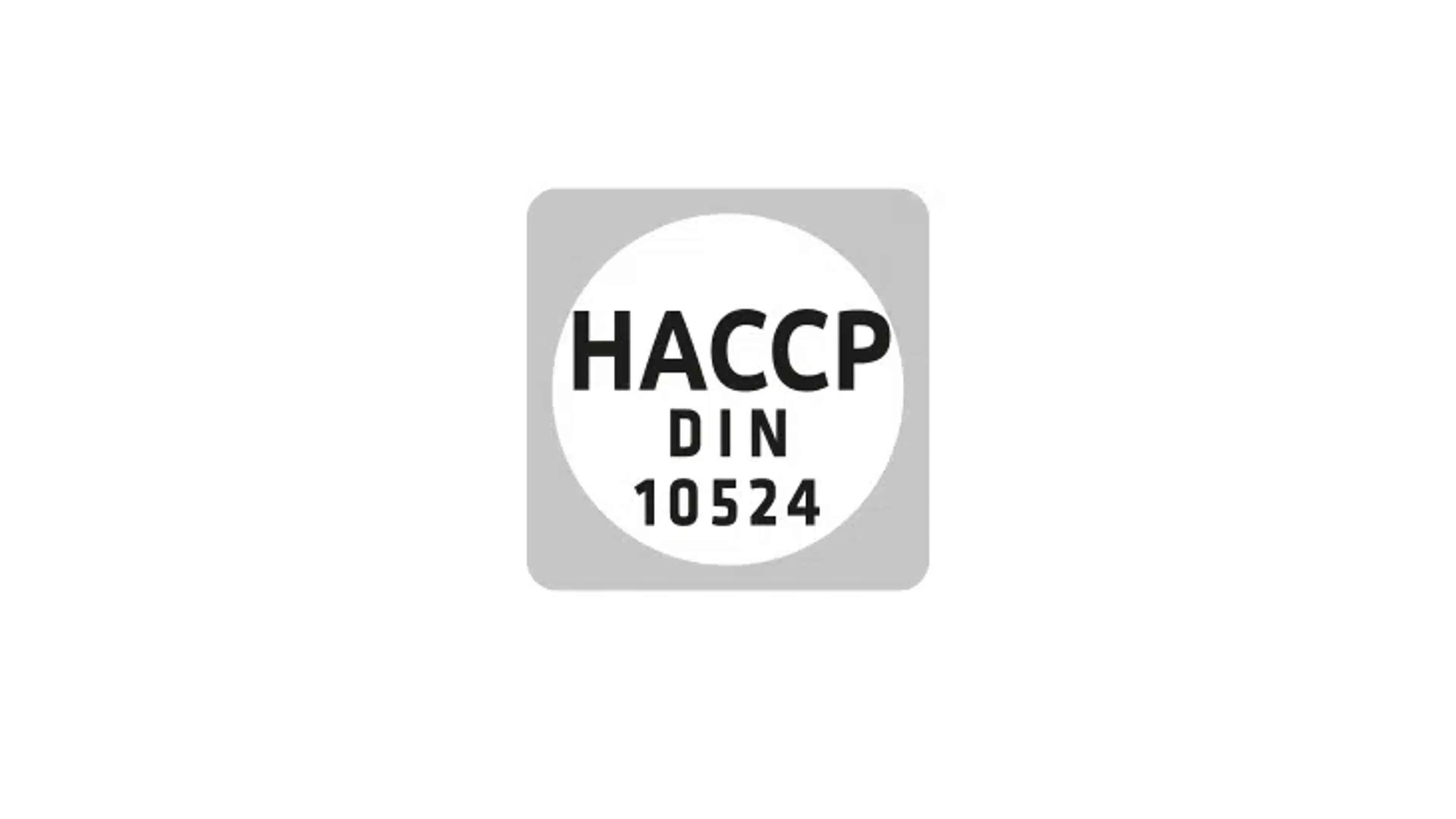
DIN 10524 – HACCP
DIN 10524 – HACCP is an industry standard that describes hygiene requirements for workwear used in the food industry. Kentaur’s HACCP collection is certified according to DIN 10524 across all three hygiene risk classes.
Download HACCP DIN 10524 certificate